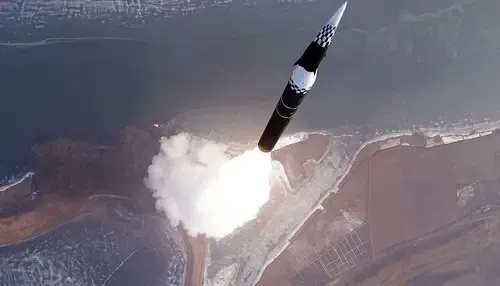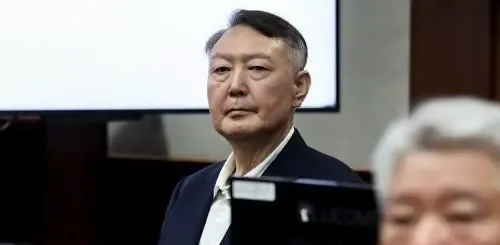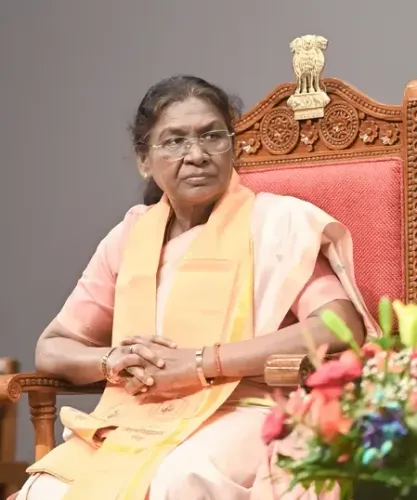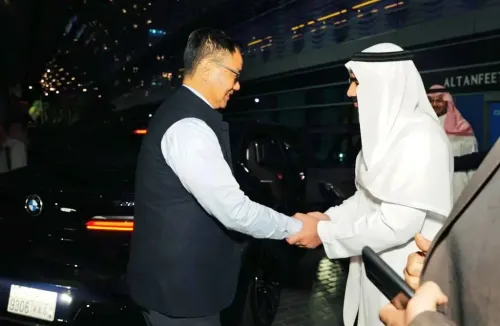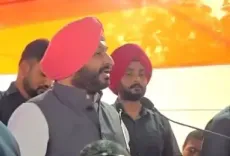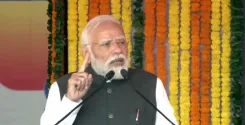Why is Putin Proposing Direct Talks with Kyiv in Istanbul to Resolve the Russia-Ukraine Conflict?
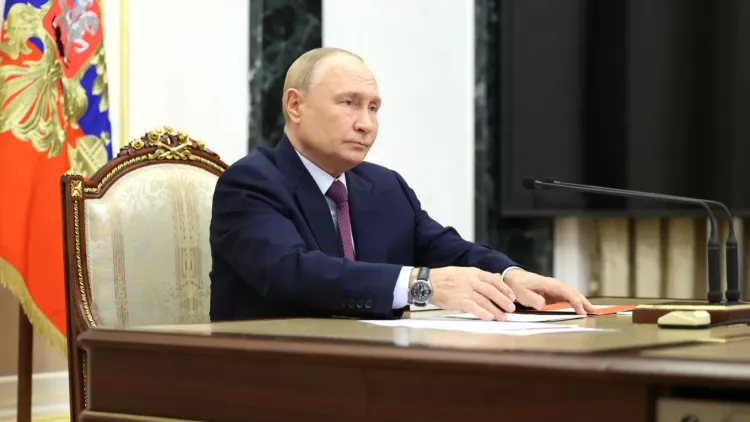
Synopsis
Key Takeaways
- Putin's proposal for direct talks could signal a shift in diplomatic efforts.
- Kyiv and European leaders are advocating for an unconditional ceasefire.
- The conflict has resulted in significant loss of life and displacement.
- Negotiations are necessary to address the root causes of the conflict.
- Both sides remain entrenched in their positions, complicating potential resolutions.
Moscow, May 11 (NationPress) — On Sunday, Russian President Vladimir Putin put forth a proposal for direct discussions with Ukraine in Istanbul on May 15, just hours after Kyiv and European leaders advocated for an unconditional 30-day ceasefire commencing on Monday.
Putin's announcement, made after 1 a.m. from the Kremlin, did not specifically reference that ceasefire appeal. Instead, he laid out a counter-offer for renewed negotiations between Russia and Ukraine.
"We invite the authorities in Kyiv to recommence talks that were halted in 2022, and I emphasize, without any preconditions," said Putin.
During a meeting in Kyiv on Saturday, leaders from Ukraine, Britain, France, Germany, and Poland issued threats of new sanctions and military support for Ukraine if Russia refused to comply with their ceasefire proposal.
Initial direct talks between Russian and Ukrainian negotiators took place in Istanbul during the early days of the conflict. However, those discussions failed to achieve a cessation of hostilities, which have continued unabated.
"We propose to initiate negotiations without delay on Thursday, May 15 in Istanbul," Putin stated, noting that he would soon speak with Turkish President Recep Tayyip Erdogan to seek assistance in organizing the talks.
He expressed his commitment to meaningful negotiations with Ukraine aimed at addressing the conflict's underlying causes and establishing a lasting peace.
Russia's discussion of the conflict's "root causes" often pertains to alleged grievances against Kyiv and the West, which Moscow has cited as justifications for initiating the war in February 2022.
These grievances include claims to "de-Nazify" Ukraine, safeguard Russian-speaking populations in the east, counter NATO's expansion, and halt Ukraine's westward geopolitical shift.
Both Kyiv and Western nations have dismissed these claims, asserting that Russia's actions are merely an imperialistic land grab.
The war has resulted in tens of thousands of casualties, forcing millions to flee their homes.
Putin did not directly respond to the latest ceasefire proposal in his remarks on Saturday, although Kremlin spokesperson Dmitry Peskov indicated to CNN that Moscow would need to evaluate it.
A unilateral three-day ceasefire declared by Russia to commemorate the 80th anniversary of victory over Nazi Germany expired on Saturday, with Ukraine asserting that Russian forces frequently violated it.
"We do not rule out that these talks might lead to a new ceasefire agreement," Putin mentioned.
He also accused Ukraine's Western allies of wanting to "prolong the war with Russia" and criticized European "ultimatums" and "anti-Russian rhetoric" without referencing the specific Ukraine-European ceasefire proposal.

